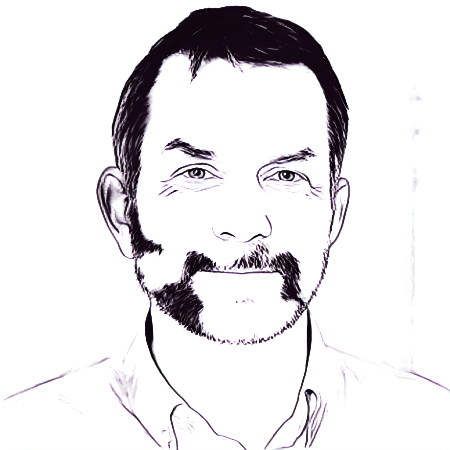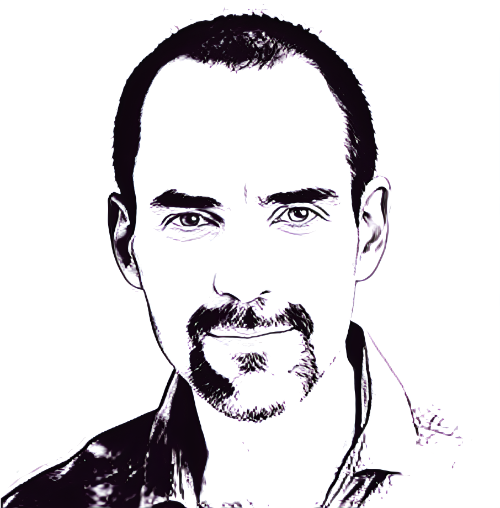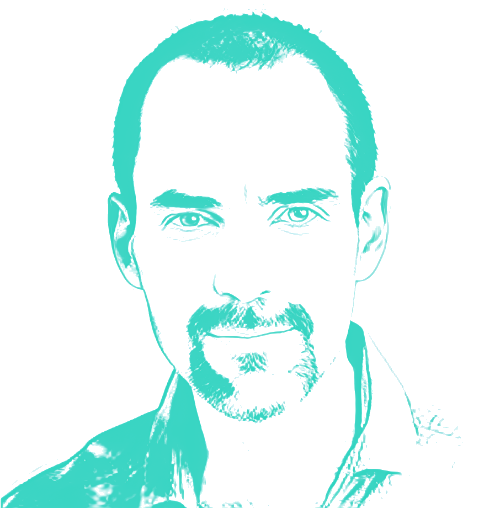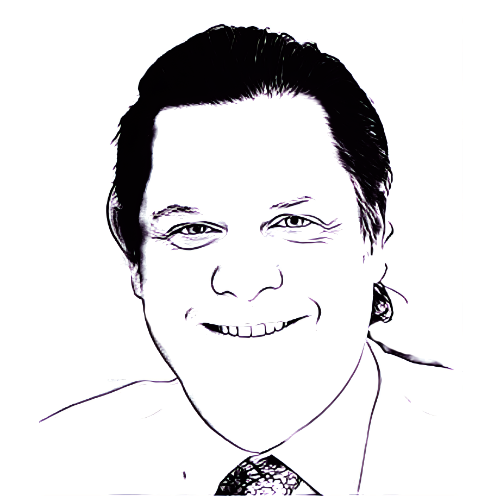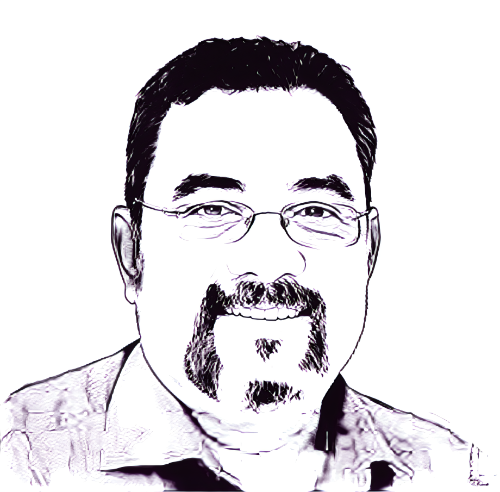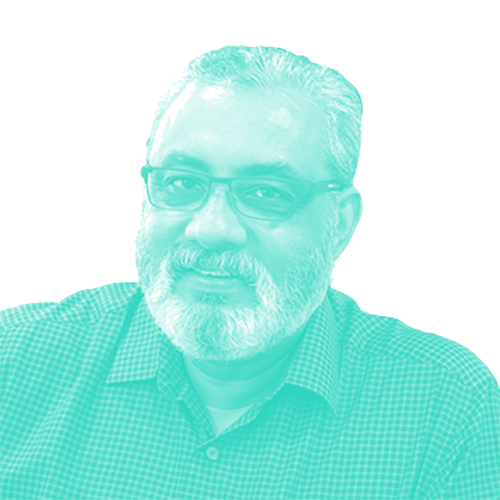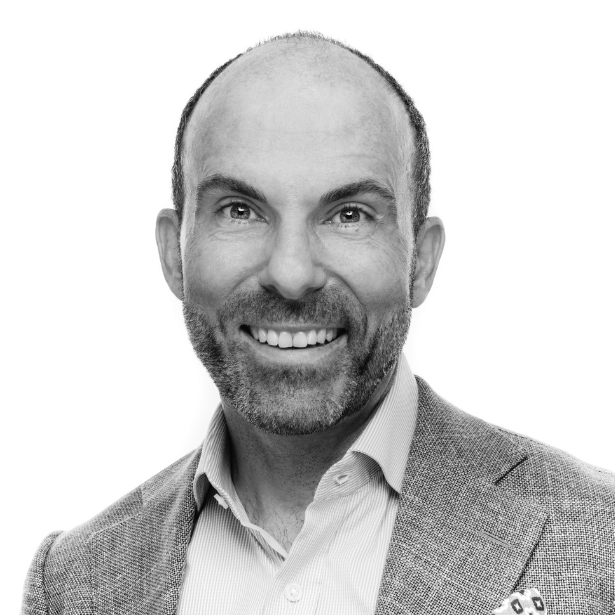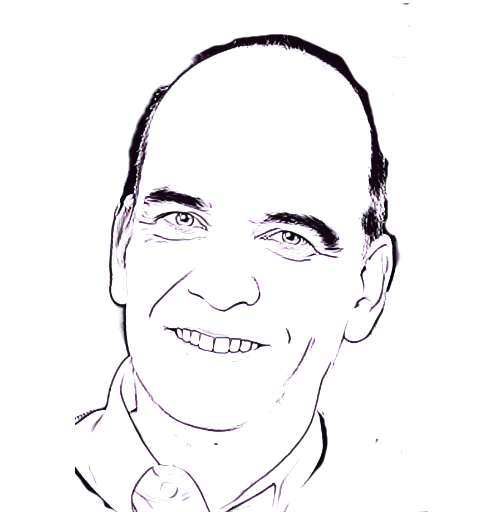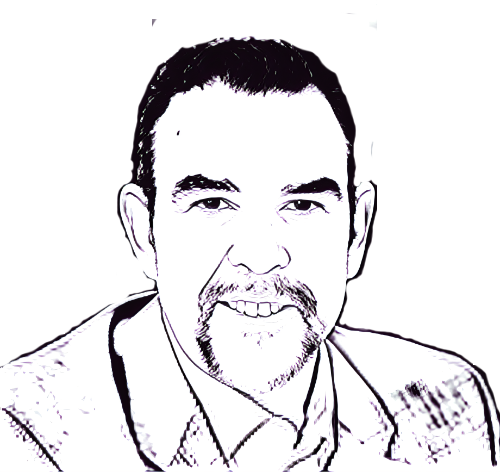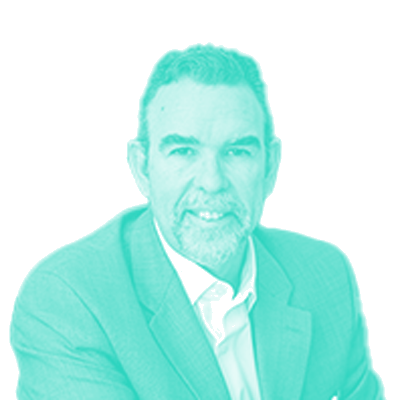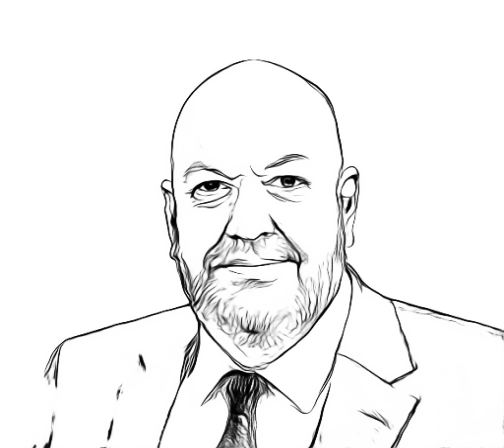How Data Science Can Transform Conventional Hotel Hierarchies
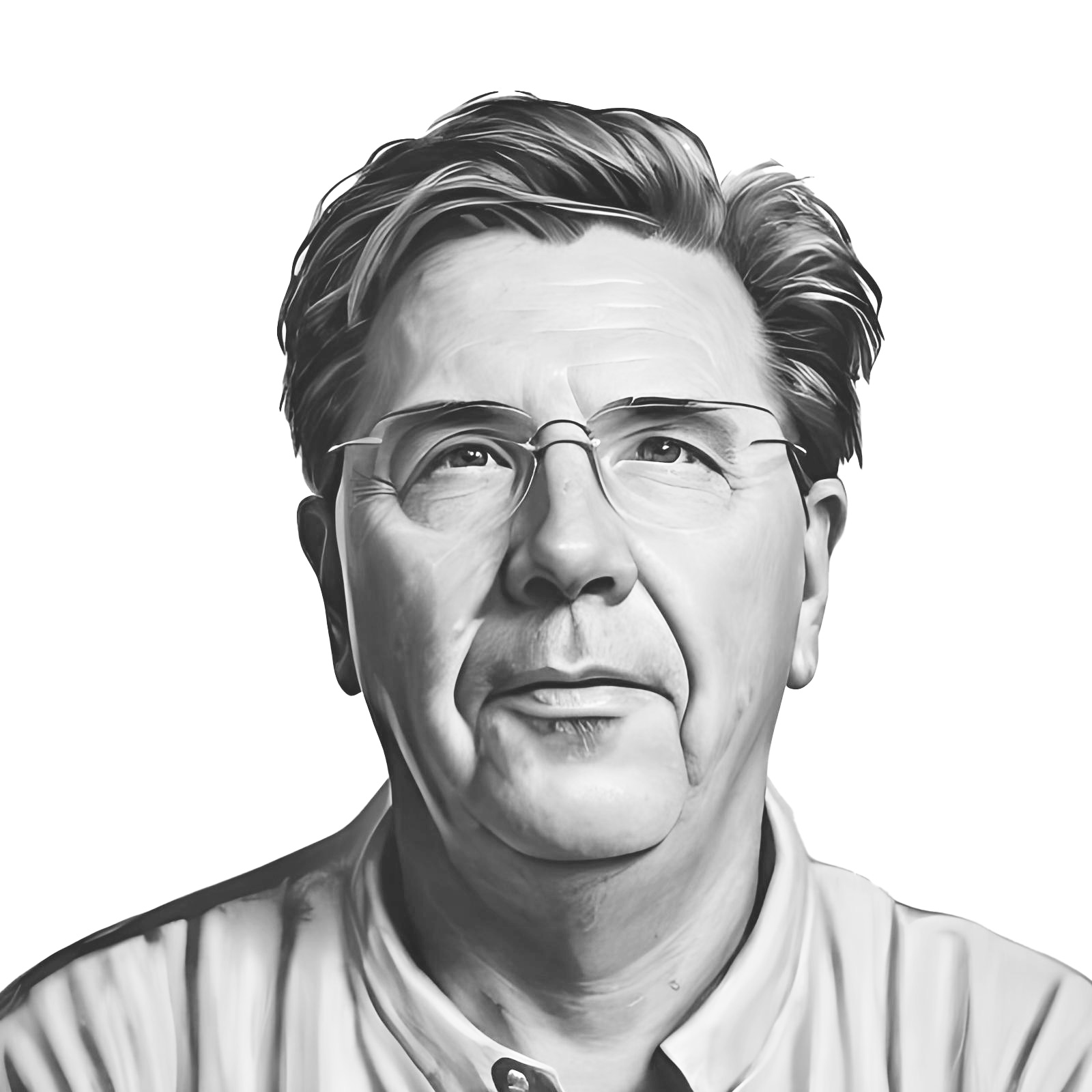
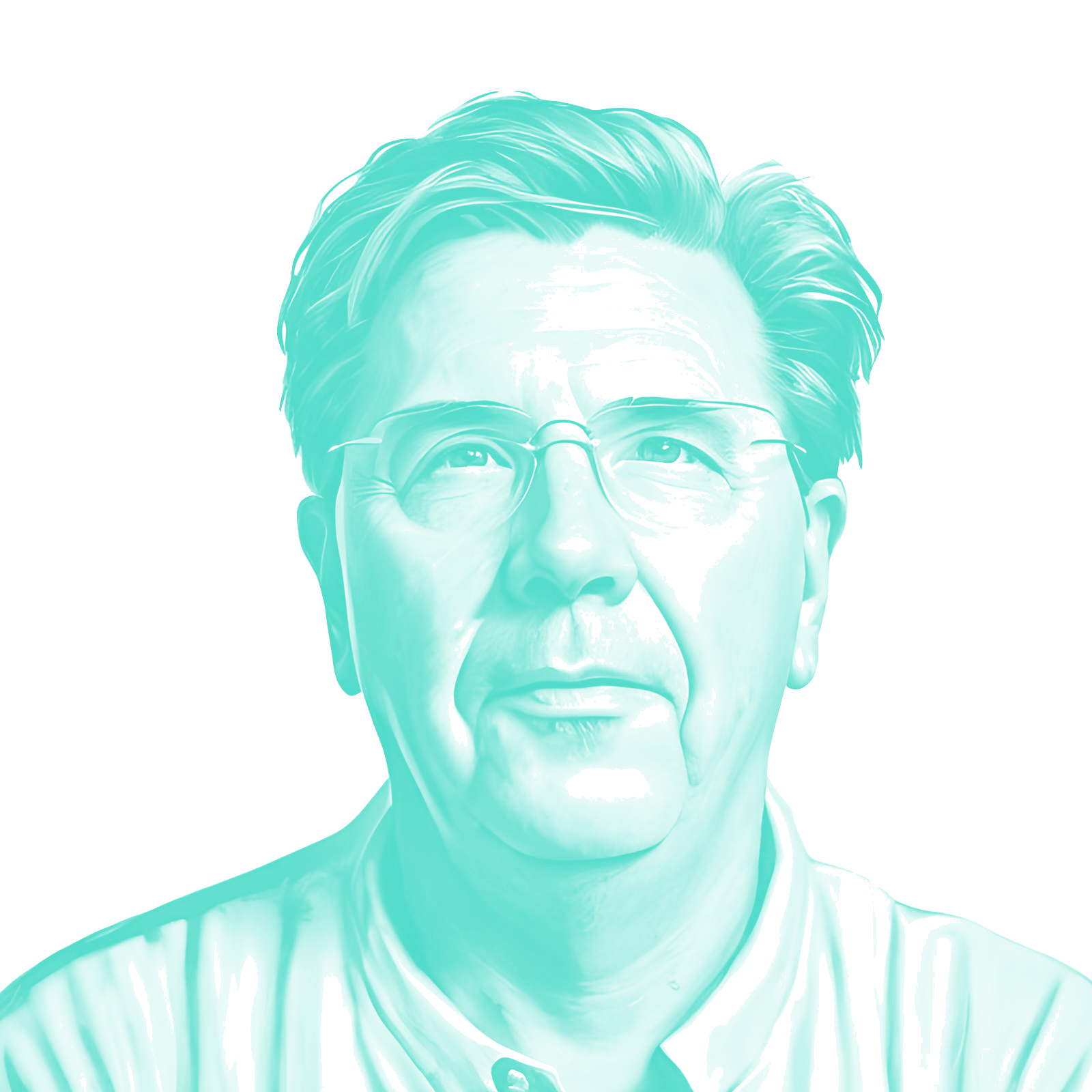
Surprisingly, many hotel groups and brands have yet to integrate data scientists into their core marketing and IT teams despite the explosive growth of data-driven decision-making in other industries. These hotel groups seem entrenched in traditional, hierarchical organizational structures that are not conducive to integrating data science, as these rigid frameworks often lack the flexibility required to incorporate and fully utilize innovative analytical roles. The absence of specialized data professionals means these hotel groups are not leveraging available data to its fullest potential to predict trends, understand customer preferences, and drive revenue growth. This oversight represents a significant opportunity for these companies to gain a competitive edge by embracing data science to unlock innovative strategies for market differentiation and operational efficiency.
What are your thoughts and experiences around this topic? How can hotel groups restructure to incorporate data science into their core-orgnaisation?
Any hotel group which values the direct channel (brand.com) already knows that data science has been at the core of digital marketing in hospitality for many years. It's fundamental to customer segmentation, targeting and results measurement. Data analysis is also core to loyalty and membership programmes. Also to anyone in Finance who produce dashboard for Exec level. Also, brand teams who create differentiated customer propositions know the value of qualitative and quantitative (qual and quant) research. The sudden interest in Gen AI hasn't invented Data Science. The experts are already in your companies, unless of course you haven't invested in Direct and instead gift your inventory at high cost of sale to the OTAs. Their data science teams love to exploit your brand!
The data fragmentation in hospitality is a huge challenge the industry faces today. Guest and operational data lives in multiple "data islands" that do not talk to each other: PMS, CRS, WBE, CRM, ORM, CMS, DMS, Social Media and BI. Just a few hotel companies can boast a true single view of operational and guest customer data.
Quite often different teams at the property use different sets of data in their day-to-day operations, creating a total "data integrity mess," which directly affects the property's service delivery and guest satisfaction, acquisition and retention efforts i.e. its bottom line.
The goal here is clear: bridge the data and technology silos and create an end-to-end data platform.
Here is the big question: Can the hotel group or independent property even afford to hire a data scientist to do all that? The answer is no: there is a shortage of data scientists plus they are very expensive. The average salary for a data scientist in the U.S. is $168,000/year.
I believe it is up to the hotel tech vendor sector to create solutions to bridge the data silos. Cendyn's Starling Customer Data Platform (CDP) is a great initiative in this respect.
Data science is an area of expertise that needs specialists, similar to other areas like design and creativity. Typically, most companies have outsourced these non-core functions; in the case of creativity, to ad agencies, for example. A similar process will happen in hospitality: data science can be applied across multiple functions in a hotel brand, but most hotel brands don't have the knowledge or resources to build their internal data science teams. Also, data science lives on data, lots of data. Many brands don't have enough volume to build solutions for themselves.
So, if we follow the agency reference, hotel companies will need a team to take the lead in data science, then hire the appropriate talent for each specific project and challenge in their organization.
Oh, that's a good one! I think the problem with our industry is that we tend to fear data as the nemesis of the 'human touch' (whatever that means). Henri is right about hierarchical organizational structures. I live by a quote from Ed Catmull, who says: 'If there is more truth in the hallways than in meetings, you have a problem.' Apparently, this seems to be a recurring theme in our industry, and I think data scientists are feared because they can show that the Emperor actually has no clothes.
Let's expand on this topic...
My experience has followed the standard technology adoption cycle where early adopters recognise the opportunity and put manpower and tools in place to leverage their data assets.
However, in this instance the horse must go before the cart.
The abilty to have a data science function inside the business is predisposed to whether the business possesses useful data. The lasting challenge faced in the hospitality industry is the lack of automation, and resitance to the adoption of automation. Unless business processes and platforms are automated, there is no data to analyse.
In respect of such a role in an organisation, larger organisations have a function of the business to perform the role across the business, as far as available information can support. Others have a level of capability in revenue and forecast or finance functions. None of these approaches are wrong. Simply a starting point for the organisation.
Over time and as supporting information from across the business can be harnessed, this team, along with their toolset becomes a support function of the entire business with the abilty to provide useful forward looking and retrospective information that can be utlised to improve the overall operation of the business.
The hesitation of some hoteliers to integrate data scientists into their core operations represents a missed opportunity for growth, especially with data being the new oil. There is no doubt that data debt can significantly hinder a hotel's operations and profitability.
Here's where data scientists enter, acting as the 'oil refinery' that converts raw guest data into actionable insights. Data scientists are instrumental in establishing and maintaining a data collection strategy, including identifying the relevant data sources and designing efficient data collection processes.
Data scientists also enable hotels to make the best use of AI models. This translates to data quality checks that reduce the chances of messy data slowing down the AI model training process, feature engineering, and even selecting and implementing the most appropriate AI model architecture for specific tasks. Having that data discipline significantly improves the efficiency of processes, with clean, high-quality data allowing the AI models to learn faster.
In essence, data scientists act as the bridge between raw data and actionable insights, enabling organisations to leverage the power of data and AI effectively.
**Revolutionizing Hotel Management with Data Science**
The hospitality industry is ripe for a digital transformation that shifts from traditional, compartmentalized IT practices to a unified, data-driven approach. Traditionally, hotels have operated in silos, but there's a growing push for an integrated system that enhances guest experiences akin to digital giants like Amazon and Uber.
A Central Data Management System (CDM/CDP) is crucial for this shift, aggregating data from various customer touchpoints—from websites to POS systems—into a comprehensive dataset. This consolidation is vital for leveraging insights that improve guest satisfaction and operational efficiency.
However, simply collecting data isn't enough. Implementing Data Quality Management (DQM) ensures the data is accurate and reliable, forming a solid foundation for strategic decision-making. Once the data infrastructure is robust, hiring data scientists becomes a transformative step, refining raw data into valuable insights that drive innovation.
This strategic overhaul not only enhances operational efficiencies but also redefines hotel management, making data-driven decision-making the cornerstone of modern hospitality. This evolution from data to valuable insights mirrors the refining of oil, turning data into a strategic asset that propels the industry forward.
Hoteliers are increasingly leveraging generative AI like ChatGPT, enabling a "no-code" approach for natural language inquiries and reshaping the traditional complexities of programming and data analysis. Given the industry's labour shortage and the cost of skilled data scientists, we advocate for practical implementation over data accumulation, prioritising actionable insights from essential data. While traditionally led by data scientists, the rise of AI introduces new organisational structures.
The democratisation of data through extensive AI use empowers individuals with minimal technical skills to enhance hotel services, from personalised guest interactions to streamlined operations. This includes citizen data scientists who utilise AI tools for analysis, fostering collaboration within centralised or unit-specific data teams.
Experienced data scientists usually lead data teams, while citizen data scientists, even if they're part of a team, often work independently to tackle different business needs across departments. To ensure success, hotels should make data easily accessible, enabling citizen data scientists to access it whenever and however they need. This means connecting AI, like ChatGPT, to the hotels' operational data, such as the property management platform. We envision this collaborative structure promoting knowledge sharing and innovation, ensuring holistic utilisation of data resources throughout the organisation.
We see data maturity across the spectrum in the hospitality industry, but the single most important dimension of a successful implementation of data science and AI is a senior executive who has a clear vision of what is possible. With this leadership in place, organizations can progressively invest in and create a culture where strategic decisions are fortified by data.
Generative AI is helping to bring the data science revolution to even non-data science professionals. With relatively simple prompts anyone can access and leverage increasingly sophisticated ML and data science in an instant. This is enabling data-driven decisions to help manage almost all facets of a hospitality business.
However, to enjoy those benefits, hospitality brands, owners, and management companies must first invest in the necessary infrastructure. This includes the education of team members on data science and analytics, providing the necessary analytics tools and cloud based data access and storage, and defining processes that support data analysis and data-based decisioning.
With strong leadership, educated teams, a central data source that all functions can access, and a proven partner service vendor, then hospitality businesses ready to fully unlock the power of their own data.
Data science has the potential to significantly transform conventional hotel hierarchies by leveraging vast amounts of data to enhance decision-making, personalize guest experiences, and streamline operations. Here's how:
Personalization of Guest Experiences: By analyzing customer preferences, behavior, and feedback, hotels can offer tailored services and marketing strategies.
Operational Efficiency: Big data can be used to improve operational performance by identifying inefficiencies and optimizing resource allocation. This includes everything from staffing to energy use.
Competitive Advantage: Hotels that effectively use data analytics can gain insights leading to better business decisions, understanding customers in-depth, and strategic growth. This can set them apart from competitors.
Marketing and Reputation Management: Data analytics can revolutionize hotel marketing strategies through targeted advertising and understanding customer sentiments, which is crucial for reputation management.
Innovation and Strategy: Data science is not just about understanding current performance but also about generating prescriptive analytics to guide future strategies and innovations.
In summary, data science empowers hoteliers to move beyond traditional hierarchical decision-making by providing insights that are more data-driven, customer-focused, and strategic. This can lead to a more agile and responsive business model that is better equipped to meet the evolving demands of the hospitality industry.
